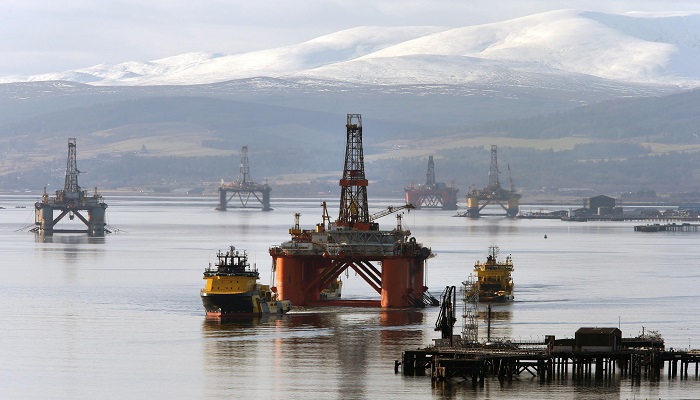The UK government has defended its decision to grant 28 new oil and gas exploration licences in the North Sea, despite ongoing legal challenges and concerns raised by environmental groups such as Oceana UK.
The legal challenge, filed by Oceana UK, questions the government’s environmental considerations in issuing these licences, raising significant concerns about their alignment with the UK’s climate policy. While the government has stated that these licences are for exploration purposes only, critics argue that this move contradicts the UK’s commitment to reducing carbon emissions and addressing climate change.
In response to inquiries from Political Uprise News, a spokesperson from the Department for Energy Security and Net Zero (DESNZ) declined to comment on the ongoing legal proceedings. However, the government emphasized that the decision to grant the licences was made by the previous administration. The government maintains that these exploration licences are distinct from production licences, asserting that they are focused solely on evaluating the potential for future extraction.
The government also stressed that the licences align with the UK’s broader energy strategy, balancing energy security with climate commitments.
EU Proposes Zero-Tariff Deal with US, Prepares for Trade War Over Tariffs
As part of its regulatory oversight, the government pointed to the Habitats Regulations Assessment (HRA) conducted by the Offshore Petroleum Regulator for Environment and Decommissioning (OPRED). This assessment aims to evaluate the potential adverse effects on marine protected areas before exploration licences are granted. The results of the assessment were published on May 3, 2024, as part of the 33rd Oil & Gas Licensing Round.

While the government maintains that the exploration phase will not result in immediate extraction, critics have raised concerns about the potential long-term environmental consequences of exploration activities, particularly the impact on marine ecosystems and biodiversity.
Oceana UK and other environmental campaigners have raised alarms about the broader environmental implications of increasing oil and gas exploration in the North Sea.
They argue that the new licences could undermine the UK’s commitment to achieving net-zero emissions and fulfilling international climate agreements. Campaigners believe expanding fossil fuel extraction contradicts the urgent need for climate action.
Climate Minister of Estonia is set to become the new Prime Minister
The government has not provided additional details regarding its strategy in defending the licences in court but reiterated that this case is separate from the ongoing consultation regarding the future of the North Sea’s energy policy.
The government is currently consulting on its plans for the North Sea’s energy future, with a particular focus on transitioning away from fossil fuel dependence. This consultation, open until April 30, 2025, invites stakeholders to provide input on the UK’s long-term energy strategy, including its commitment to reducing new oil and gas exploration licences.
The consultation is a critical part of the government’s broader energy transition strategy, which aims to balance the push for renewable energy with the ongoing need for energy security.
The future of oil and gas exploration in the North Sea remains a contentious issue, and the government’s decision to issue new exploration licences raises significant questions about how it plans to reconcile its climate commitments with its energy needs.
As the legal challenge continues, both the outcome of the court case and the results of the consultation will likely shape the future of the UK’s energy policy.
Climate change impact: Sea in Nigeria swallowing homes
The issue remains a focal point for environmental groups, industry stakeholders, and policymakers alike, as the UK seeks to balance its climate goals with its energy security needs.
With both the legal proceedings and the ongoing consultations underway, the UK government is facing increased scrutiny over its energy policy and environmental commitments. How the government addresses these challenges in the coming months will play a key role in shaping the future of the UK’s energy landscape and its role in the global effort to combat climate change.



